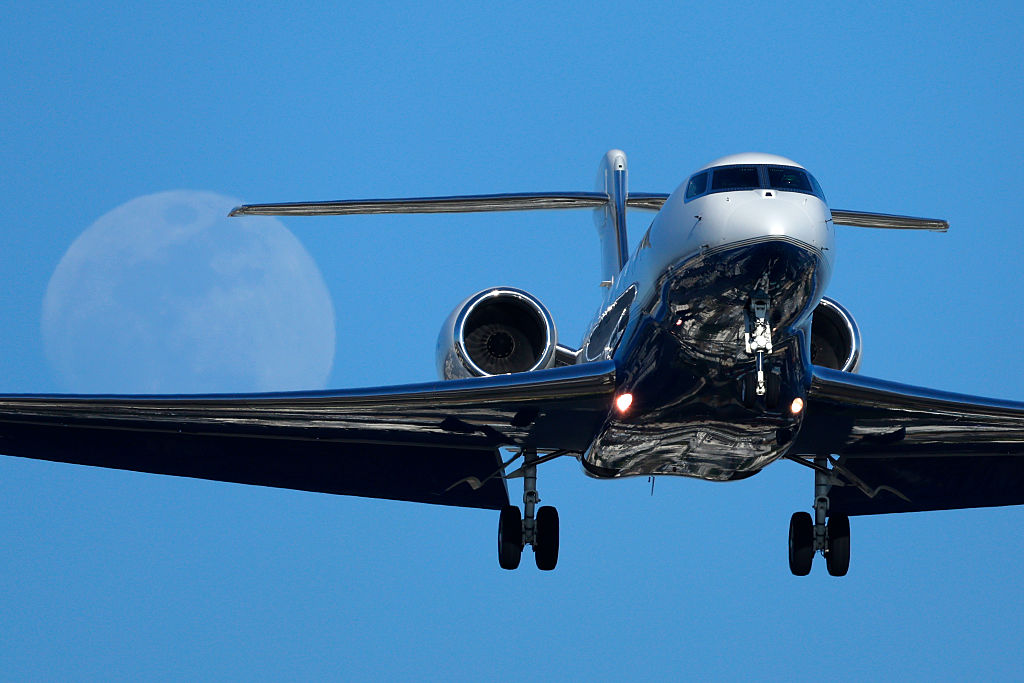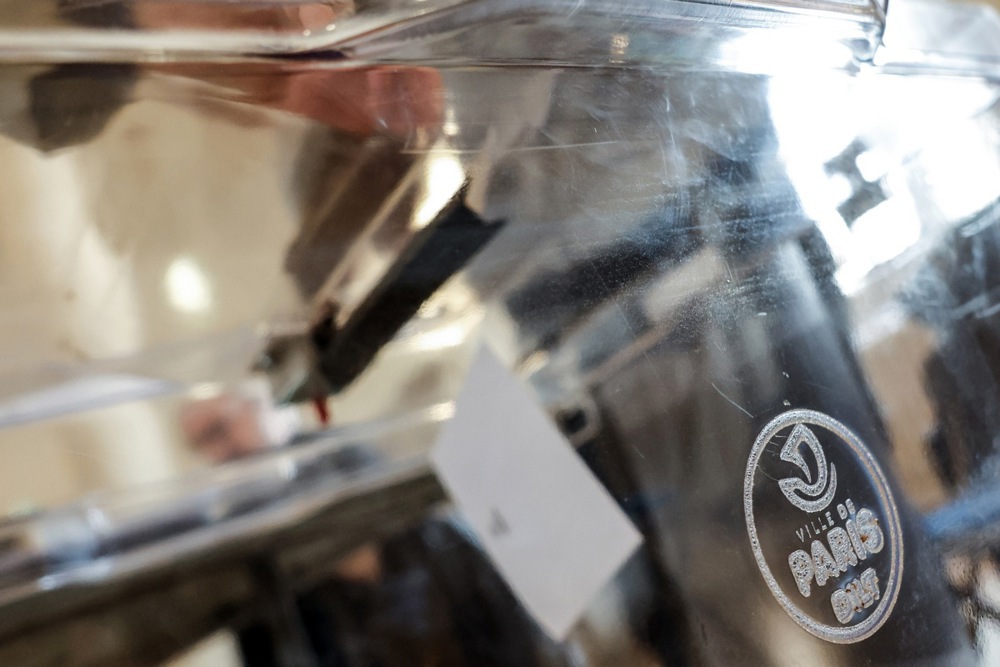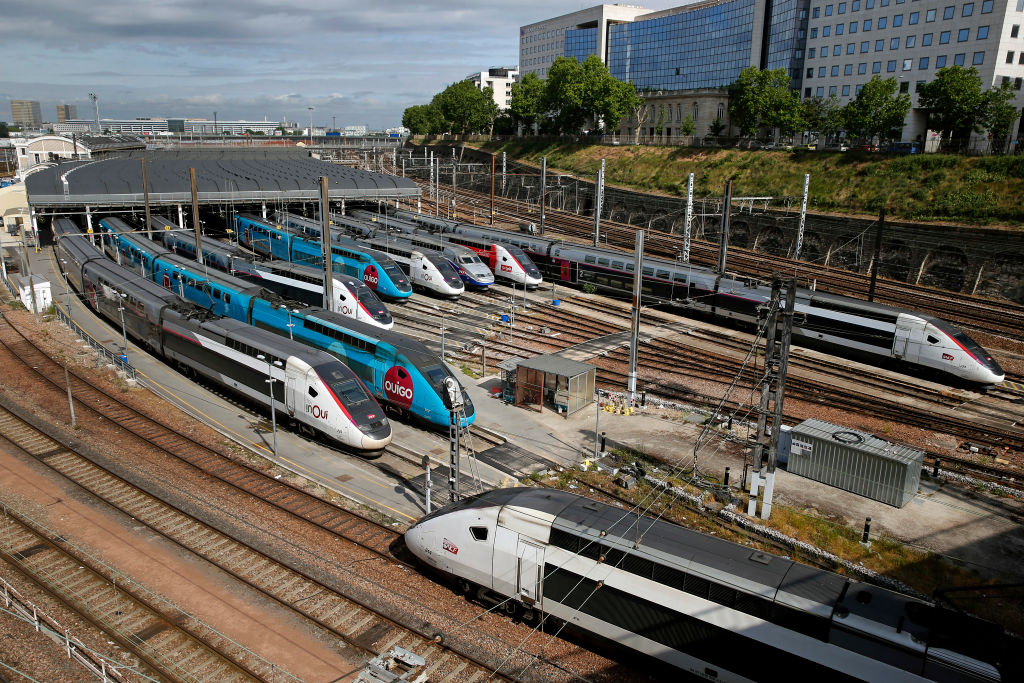Motorists in the Czech Republic can now drive at 150 kilometres per hour (93 mph) on certain sections of the country’s motorways.
Unlike many other European Union countries, where speed limits have been lowered in the name of combating emissions and securing revenue through fines, the right-wing Czech Government has increased speed limits.
In a pilot project on certain, long and straight sections of the D3 between Tábor and České Budějovice, the government added 42 variable traffic signs to allow cars to drive at higher speeds when the circumstances allowed it.
These traffic signals placed on the 50km section of the motorway cost €2.2 million.
The first signs have already been put in place and the Roads and Motorways Directorate (ŘSD) said that the trial period will begin at the end of September.
Other motorway sections in the Czech Republic that could potentially see the maximum speed limit raised have also been identified, for example between Přerov and Ostrava, and near Hradec Králové.
But the current pilot project first needs to be analysed before the government moved ahead with those, officials said.
Czechia has a general maximum speed limit of 130kmh on its motorways. On the test section, if the weather or traffic conditions did not allow it, the maximum speed of 150kph would be put back to 130kph.
In 1997, Czechia raised the speed limit from 120kph to 130kph.
At 150kph, it would have the highest speed limit in Europe, topping countries including Poland and Bulgaria that currently lead the ranking at 140kph.
The only outlier is Germany, where there are parts of the autobahn with no limits and is considered among the safest motorway networks in Europe. There have, though, been calls to bring in speed limits there as well.
Between 2018 and 2020, neighbouring Austria had also raised the speed limits on the motorway between Vienna and Salzburg to 140kph but Green transport minister Leonore Gewessler reinstated the lower limit, citing concerns regarding carbon emissions.
In the Netherlands, the same emissions concerns caused the government to lower general speed limits of 130kph on motorways to 100kph during the day. This was reversed in certain parts by the current government in April.
Czechia has joined the European countries in re-embracing nuclear energy. https://t.co/mF8y4G5aYJ
— Brussels Signal (@brusselssignal) June 5, 2025





